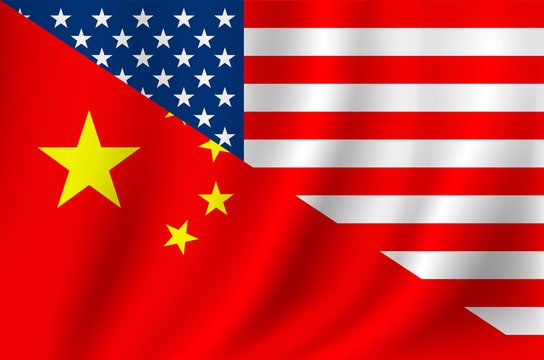The U.S. government has imposed a sweeping ban prohibiting American government personnel, their family members, and contractors with security clearances from engaging in romantic or sexual relationships with Chinese citizens, The Associated Press has learned.
According to four individuals with direct knowledge of the matter, the policy was enacted in January by outgoing U.S. Ambassador Nicholas Burns, just before he departed from China. These sources, speaking on condition of anonymity due to the sensitive nature of the directive, revealed that while some U.S. agencies already had strict rules on such relationships, an across-the-board “non-fraternization” policy has not been publicly enforced since the Cold War.
In the past, American diplomats stationed in foreign countries frequently engaged in relationships with locals, sometimes leading to marriage. However, last summer, a more limited version of the rule was introduced, prohibiting U.S. personnel from engaging in romantic or sexual relationships with Chinese citizens employed as guards or support staff at the U.S. Embassy and consulates.
Burns significantly expanded the restriction in January, implementing an outright ban on relationships with any Chinese citizen in China, just days before President Donald Trump took office. It remains unclear how the policy specifically defines “romantic or sexual relationship.”
Two sources said that discussions about the policy began last summer when members of Congress raised concerns that the existing restrictions were insufficient. The House Select Committee on the Chinese Communist Party did not respond to requests for comment.
The directive applies to U.S. missions in mainland China—including the embassy in Beijing and consulates in Guangzhou, Shanghai, Shenyang, and Wuhan—as well as the consulate in Hong Kong. However, it does not extend to U.S. personnel stationed outside China.
The only exemption applies to personnel who were already in relationships with Chinese citizens before the rule took effect. These individuals can apply for an exemption, but if denied, they must either end the relationship or resign from their position. Violators of the policy will be ordered to leave China immediately.
The directive was communicated verbally and electronically to U.S. personnel in China in January, but it has not been publicly announced.










